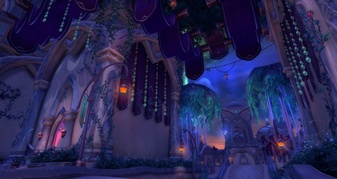
The game gets a lot of bad rep from the media and all that for people sinking literal days into the game, and how Blizzard simply keeps adding onto it, but while every choice can't be expected to be the best one for every situation, Legion has panned out perfectly. They aren't simply throwing more zones and levels every two years. They're changing the systems and making general improvements to the game as a whole. This expansion is also the best one for new players to get into. It does a great job teaching you how to play your class, and you can even start your first character off at level one hundred so you can play with your friends. Isn't that neat?
The game is twelve years old at this point, but if you logged on today it looks far better than it did back then. The old stuff doesn't look amazing, I'll grant (it would cost a lot of resources to go back and bump up the quality of that much content). The new continent, however, looks incredible. I want to experience everything here and now, but at the same time I want to take my time and savor how well made everything is, which is something I can't say for basically any game I've ever played. Except maybe Bioshock: Infinite and Dragon Quest VIII.
They've also overhauled the systems to work far more smoothly. Warcraft veterans complain about how much better the original game was, but I didn't love having to cast a buff every five minutes and having every conceivable item take up inventory spaces. Nostalgia is a powerful blindfold, and while I may want to go back and play "Vanilla" as its called, it would mostly be to reminisce about how things used to be, not because I wish things still were that way.
Legion also introduces the class Order Halls. I admit I was a little tentative about this before the game launched, but establishing the hall and going to hunt for your artifact weapon was way more enjoyable than I expected. The mages have a giant library of books and magic, the druids have an entire forest to explore, the warriors apparently have their class hall in Heaven! Playing with my brothers and friends last night, I was already excited to go and play all the other classes without having played my own favorite class for an entire hour. That right there is an impressive feat.
One of the shortcomings most MMOs have is that the story, for me, is almost irrelevant. I like hearing about the wars and the assassinations that happen in the grand scheme of things, but outside of cutscenes its really hard to make your character feel like what they're doing is imperative to the world. This time around, though, since the first thing you do is go and seek this artifact of legendary power, the quests hook you right in. I actually couldn't explain what it is, but this expansion is the first time that I feel like the situation is really dire. Cataclysm shook the world, but all we had to do was kill a dragon. Mists of Pandaria only threatened a continent that, while it looked beautiful, wasn't really all that interesting to me, and Warlords of Dreanor threw me off because it introduced an alternate timeline. Legion has made it clear that if we the players don't do everything we can to stop the invasion, Azeroth is doomed. I know gameplay wise Azeroth has zero chance of losing as always, but my suspension of disbelief is the highest its ever been for any MMO so far.
So, I had high expectations for the expansion. So far, it has met or exceeded all of them. My only trouble with it is that it launched on Tuesday, literally the worst day of the week for me, because I won't be able to devote any time to it until Friday, and that means I'll be really behind!
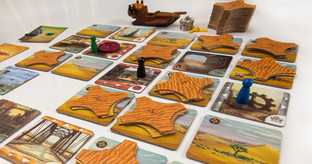
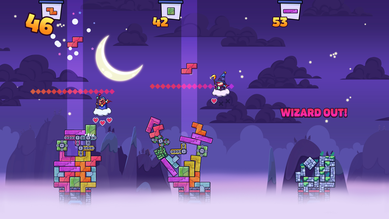
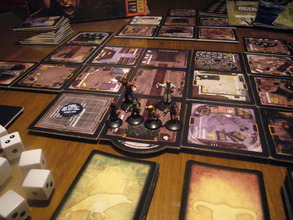
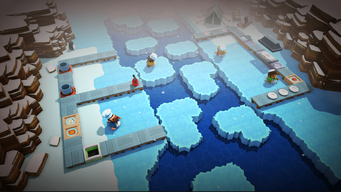

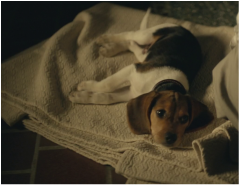
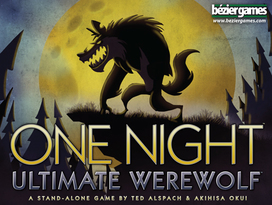
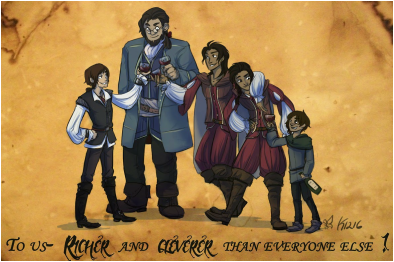
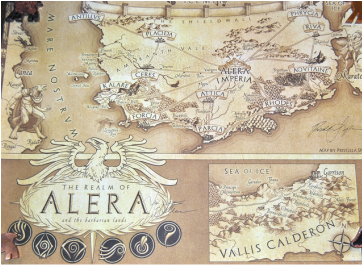
 RSS Feed
RSS Feed
